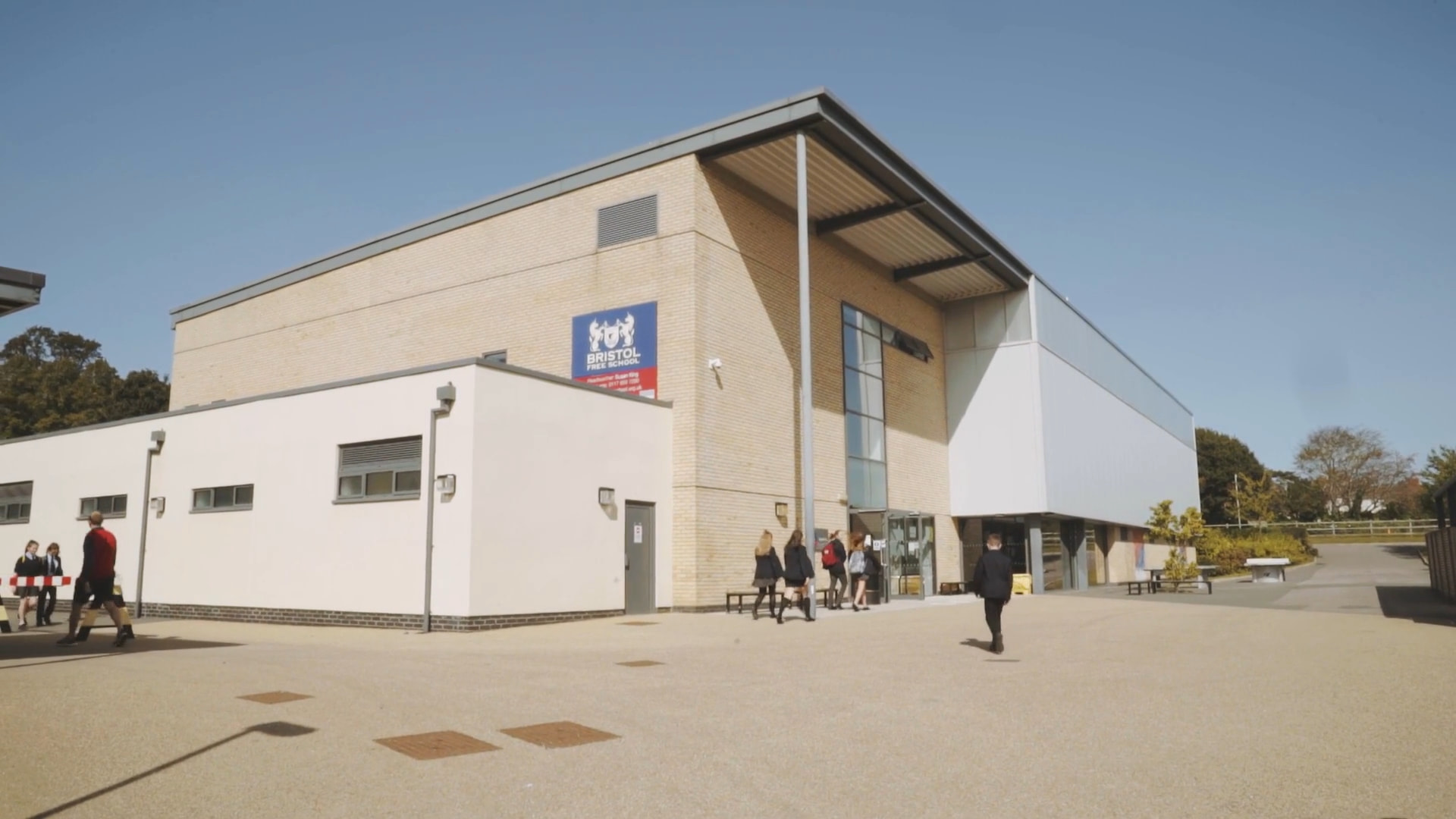
The environmental impact of food production and sustainability.
In this section you will learn about the following: - Food sources - Food and the environment - Sustainability of food - Food production. Traditional British and international cuisines, food choice as well as looking at food security and food waste. The practicals to go along with each section will have a commodities theme term 1 is grains.
Written assessment of the theory covered in lessons, self assessment of practical skills compared to the exam board 20 skills matrix.
In this section you will learn about the following: - Buying and storing food correctly - Preparing, cooking and serving food - Micro-organisms and enzymes - The signs of food spoilage - Micro-organisms in food production - Bacterial contamination. We will also be considering why we cook food and the science behind the changes we can see, smell, taste and feel.The commodity we will be concentrating on this term will be protein
Written assessment of theory covered in lessons and a walking talking practice of a scientific experiment in preparation for NEA 1
Students will be introduced to the concept of provenance, and how fruits and vegetables are classified, grown, processed and stored. Students will consider the nutrients found in fruits and vegetables including sources, functions, deficiencies, excess, daily requirements. Students will learn about the guidelines for health, and consider the factors affecting food choice. Dietary requirements of different target groups will be considered. Environmental impact and sustainability will be considered in relation to food production.
End of Unit Exam
Students will learn about the dietary needs of individuals at different life stages, students will explore the following age groups: Babies and toddlers, adults and older people and the elderly. Students will understand the energy requirements of young children, identify the nutrients needed and explain why they need these nutrients. Students will consider the changing nutritional needs of adults and the elderly and how specific nutritional needs of adults can be addressed through diet.
Students will be introduced to religious factors that affect food choice and how certain religions have rules on eating and drinking certain foods.
Students will be able to understand the reasons why people choose to be a vegetarian, be able to describe the differences between the types of vegetarians and be able to make suggestions for alternative meals that will provide all the necessary nutrients.
Students will be introduced to planning a balances diet for a specific dietary needs and intolerance's.
End of unit Exam
Students will be able to understand that we need energy in our bodies to function, they will be able to list all the energy requiring functions of the body and be able to identify energy rich foods. Students will be able to calculate BMR/EAR and understand that increasing activity will increase energy needs. Students will understand that the amount of calories needed per day to maintain weight will differ from person to person and understand the causes of this difference.
Practical MOCK NEA 2
Students will understand how to adapt a meal to provide a reduction in a particular nutrients, they will be able to suggest ways to reduce fat, sugar, or salt content. Students will be introduced to why we cook food and be able to identify the specific reasons why we cook food. They will understand the chemistry involved when cooking food. Students will know the meaning of the scientific terms, Rising/Thickening/dissolving/setting/mailard reaction/caramelisation.
Walking Talking Mock Paper